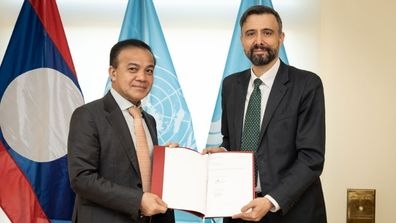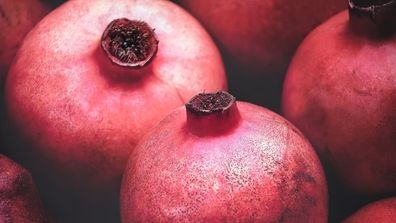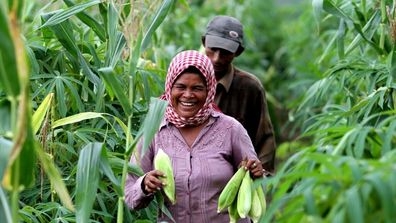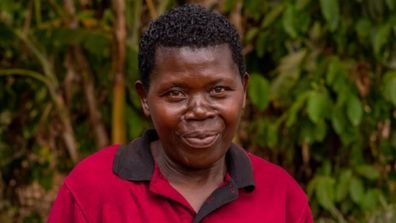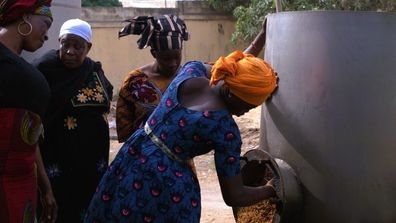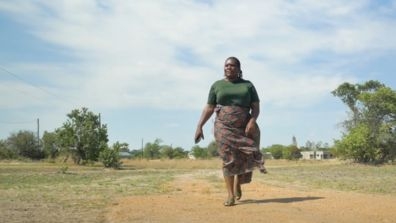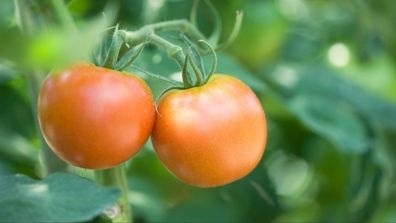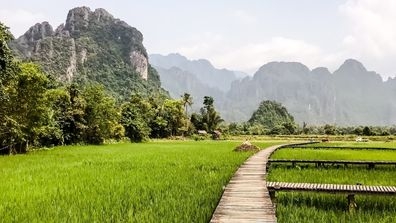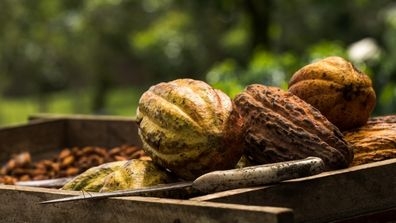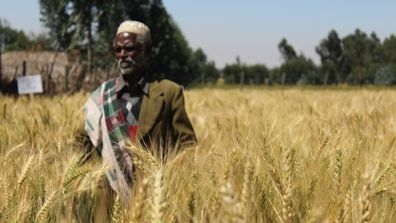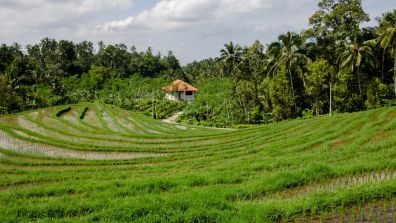New IFAD- and GAFSP-funded project to scale up successful approaches to increasing food and nutrition security and increase small-scale farmers’ incomes in Lao PDR
The International Fund for Agricultural Development (IFAD) and the Government of the Lao People’s Democratic Republic signed an agreement for a nutrition-sensitive agriculture project to address food insecurity and malnutrition among the rural poor.
Stories from the Kyrgyz Republic
"There used to be a 50% loss of water. Now we are delivering almost 95-100% of the necessary water to farmers," says Arapbai Kamarov, framer and director of the Khodja Arik Water User Association.
GAFSP Provides New Funding for Countries to Strengthen the Resilience of Smallholder Farmers
USD$220 million in new agricultural investment grants for 15 countries announced by GAFSP, a global multilateral fund dedicated to reducing food insecurity and poverty in low-income countries.
Changing Lives 2023 Edition
Insights into how investments made possible by the GAFSP Private Sector Window help change the lives of farmers worldwide.
Edition 9 | March 2023
Three ways women are breaking the mold
Discover how GAFSP supports critical training for female smallholder farmers to improve their incomes, socio-economic opportunities, and nutrition within the whole community.
In Zambia, A Training Program is Planting the Seeds of Resilience
In the heart of Zambia, a training program is equipping farmers with the skills to combat climate challenges and secure their livelihoods. Through innovative techniques and community-driven solutions, they are planting the seeds of resilience for a more sustainable future.
Kubwimana records increased yield after turning to greenhouse farming
"For a farmer practicing open-air cultivation, the greenhouse technology is a blessing considering the yield size," says Kubwimana Jean Paul, a farmer from Karongi District.
Sam Nganga Visits ETG Project in Zambia
Join Sam Nganga as he explores the impactful ETG Project in Zambia, showcasing the innovative work transforming local communities. Watch the video to see how the project is driving sustainable change and empowering the region's growth.
Laos: Strategic Support for Food Security and Nutrition Project
"We now know how to prepare proper meals, cook a variety of foods, and eat diversified dishes," said Nalee, a resident of Tardmoune Village in Laos.
For Cocoa Farmers, Cooperative Training Tastes Sweet
"We were producing 5,000 tons for a turnover of 5 billion CFA and today we are over 8,200 tons of cocoa with a turnover of over 11 billion CFA."
Channelling funds directly to farmers is critical for food system transformation
Around the world, food insecurity is on the rise. At the same time, communities are battling crises on multiple fronts - from the impacts of climate change to conflict and the pandemic aftermath.
Strengthening Collaboration: The Donor Platform's Interview with Natasha Hayward
In this interview, GAFSP Lead Natasha Hayward shares her insights on how being part of the Platform strengthens our efforts to drive investment in sustainable agriculture and food systems.
